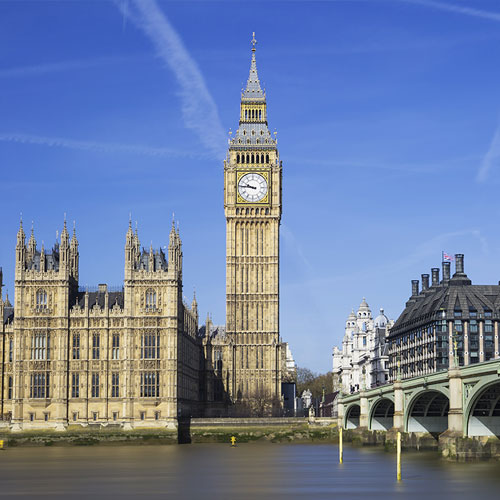
Study Abroad in UK
Overseas education nowadays being a famous choice of education amidst our youngsters, the search for best universities and courses around the world has also expanded extensively. The United Kingdom, having acquired the top-most position in the list of countries that are appropriate for study abroad has become so by providing high quality education in universities that have a word class ranking; such as Oxford University.
With quality education and a vast range of courses, the UK provides students who want to study abroad many incredible career opportunities as well.
Popular Universities
-
+ University of Oxford
-
+ University of Cambridge
-
+ University College London
-
+ Imperial College London
-
+ University of Warwick
-
+ University of Edinburgh
-
+ King's College London
-
+ University of Glasgow
-
+ University of Leeds
-
+ Coventry University
Enquiry
- Nursing
- Law
- Journalism
- Health Care
- Architecture and Construction Management
- Computer science
- Accounting
- Business and Administration Studies
- Management Studies
-
Bachelor’s: Minimum 55% requirement in HSC. IELTS score 6.0 required.

Master’s: Minimum 60 – 65% requirement in Bachelors. IELTS score 6.5 required.
-
1. Is IELTS necessary to apply to a university in the UK?
IELTS is commonly regarded as an important exam to be taken by international students before going on their study-abroad venture. While a good IELTS score does turn out to be helpful for the study abroad visa process and applying to certain universities, there definitely are universities that doesn’t ask students for IELTS scores. Some universities might ask you to prove your English proficiency in other ways, that’s it. -
2. Can I stay back in the UK after finishing my course?
UK has introduced new laws allowing students to stay back in the country for up to 2 years after they have completed their course. However, it is advised to be aware of the various types of visas which allows you to take up part time jobs after you have finished your studies. Some visas allow you to work and have an annual income, while some doesn’t. Be aware of it all in order to avoid any legal problems. -
3. What are the restrictions on working part-time or full-time with a student visa?
Your student visa restricts you from working full time during or after your course. There are certain limits on the number of hours you can work, paid or unpaid, with a student visa; even if it is after the completion of the course. So make sure you are aware of all the legalities associated with the kind of visa you possess and also take steps to upgrade your visa once you have completed your studies so that you can work full time.

.png)
